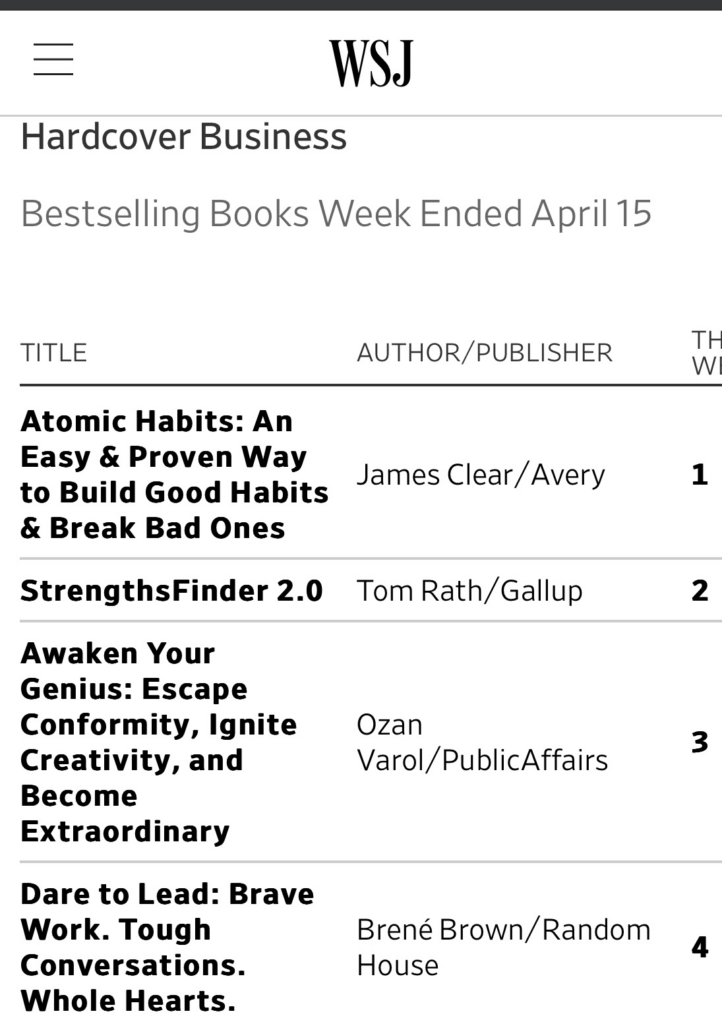Exciting news first: My new book, Awaken Your Genius, debuted at # 3 on the Wall Street Journal bestseller list! A huge thanks to all of you who ordered the book, spread the word, and supported the launch! 🚀

If you’ve already read the book, could you please leave an honest review on Amazon and/or Goodreads? Reviews go a really long way in drawing visibility to the book. I’m grateful for your support.
Onto the regularly scheduled programming . . .
Growing up, I was a big gamer.
This was the 90s. I’d sit in my tiny room in Istanbul and play Doom, Duke Nukem, Quake, and Civilization.
My life as a video gamer is long gone. But one thing that remains is the checkpoint principle.
A checkpoint works like this: If you reach a certain point in a video game, you can save your progress. If things don’t work out as you expected—if your character dies, for example—you can go back to the checkpoint and start over again.
The same idea can apply to life.
Many of us get stuck in a rut—in the same job, the same city, the same fill-in-the-blank—because we fear the unknown. It feels easier and safer to do nothing and to stay where we are—in part because we assume that each leap we take into uncertainty is final and permanent.
But many of your excursions into the unknown are reversible.
Just like video games, life also comes with checkpoints.
You can try a new path, see how it feels, and if you don’t like what you see, you can go back and start over.
You just have to save your progress—and make sure you don’t burn your bridges leading back to the checkpoint.
If founding a start-up doesn’t work out for you, you can go back to corporate life. You’ll still have all the skills that made you successful to begin with, and now you’ll also have the benefit of a founder’s perspective.
If moving to a new city doesn’t work out for you, you can go back to your previous city. Returning to where you once were isn’t the same as never leaving. You’ll know you’ve found your home—even if that home is back where you began.
When I left the practice of law, and tried a new path forward as a law professor, I saved my progress. I built solid connections and didn’t burn any bridges. If I didn’t like academia, I could go back to the checkpoint and continue practicing law—if not at the same law firm then somewhere else.
With this mindset, life becomes a choose-your-own-adventure game. Even if the new path isn’t the perfect fit, trying it out will give you a much-needed sense of agency over your life. Proving to yourself that you’re in charge and that you can create your future is priceless.
When you return to the checkpoint, the checkpoint won’t have changed.
But you will have.
“We shall not cease from exploration,” T. S. Eliot wrote, “and the end of all our exploring will be to arrive where we started and know the place for the first time.”
Bold



